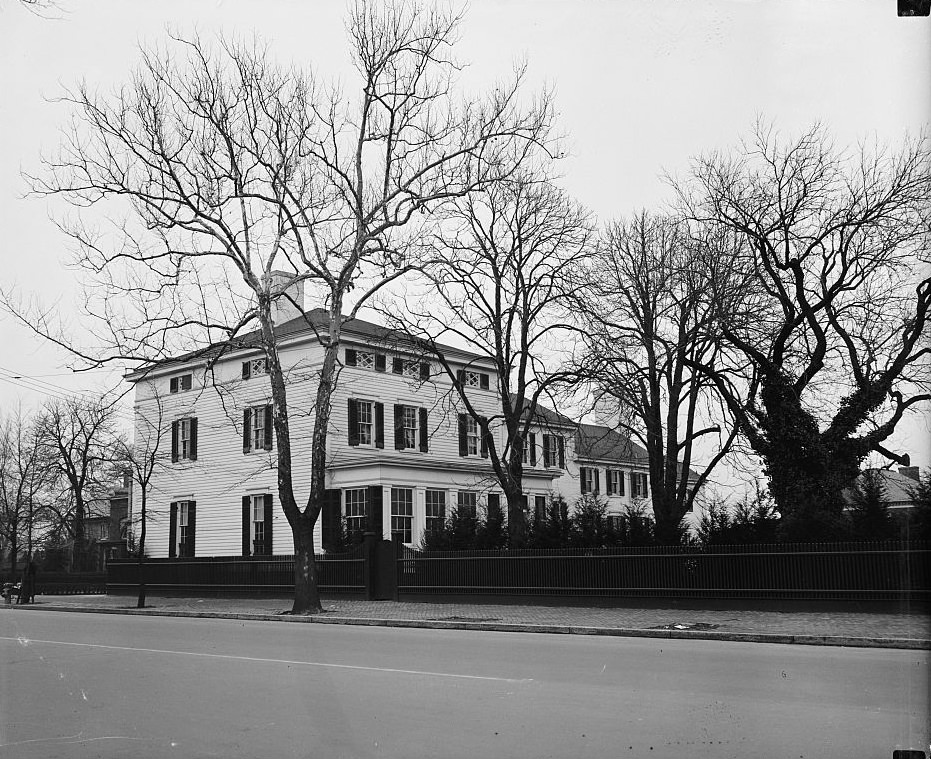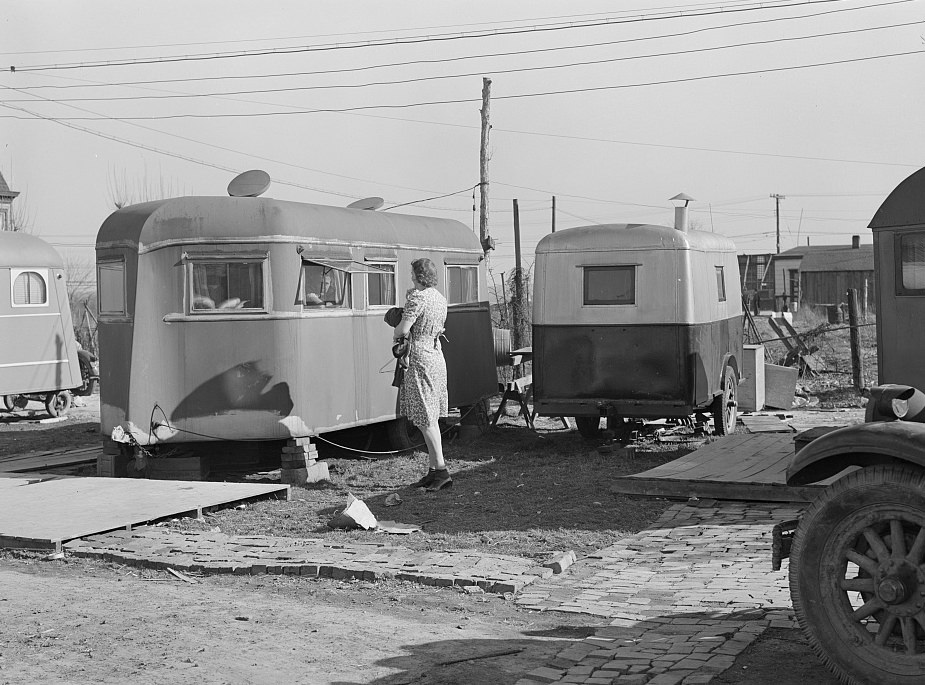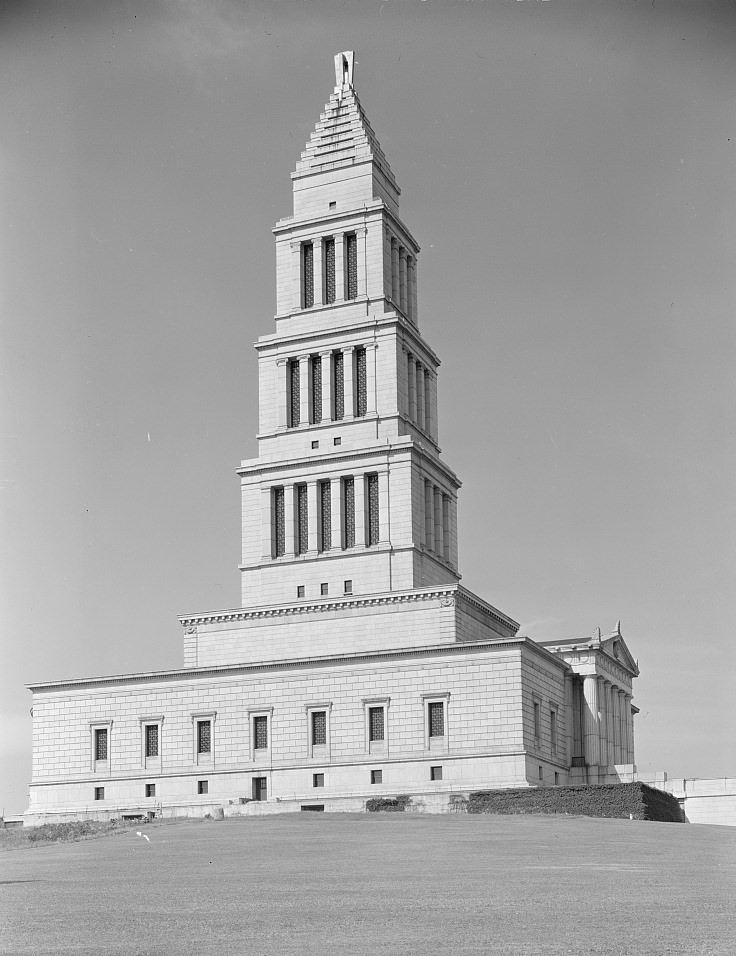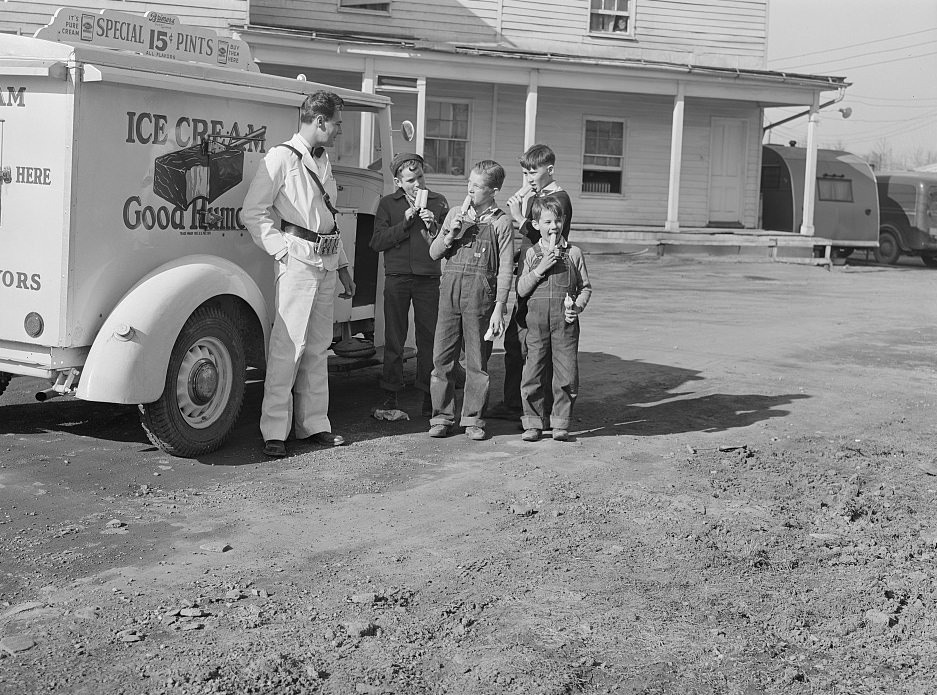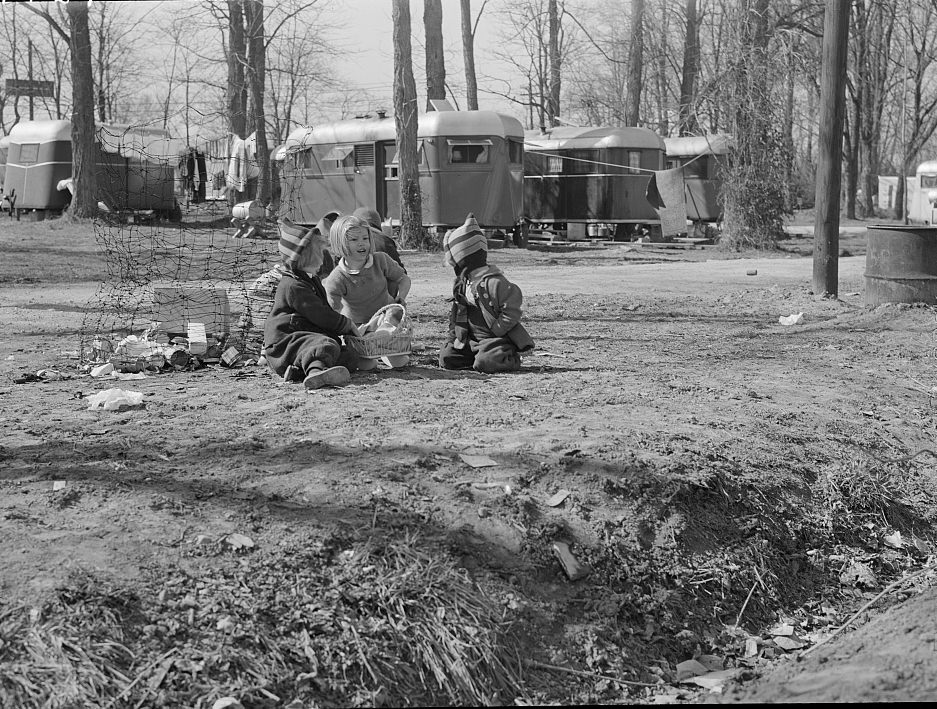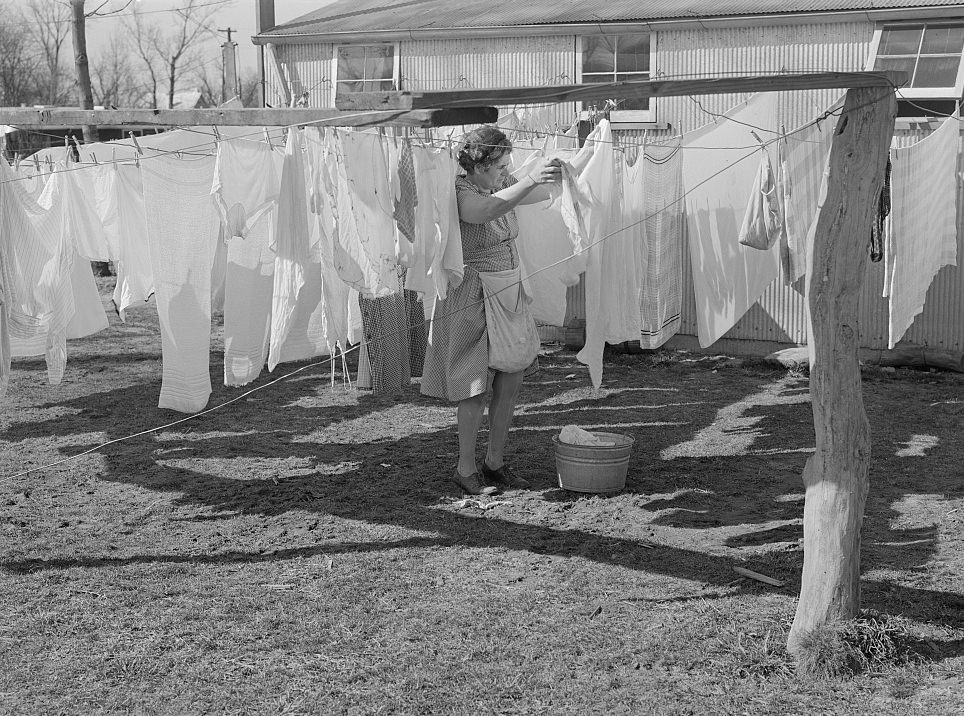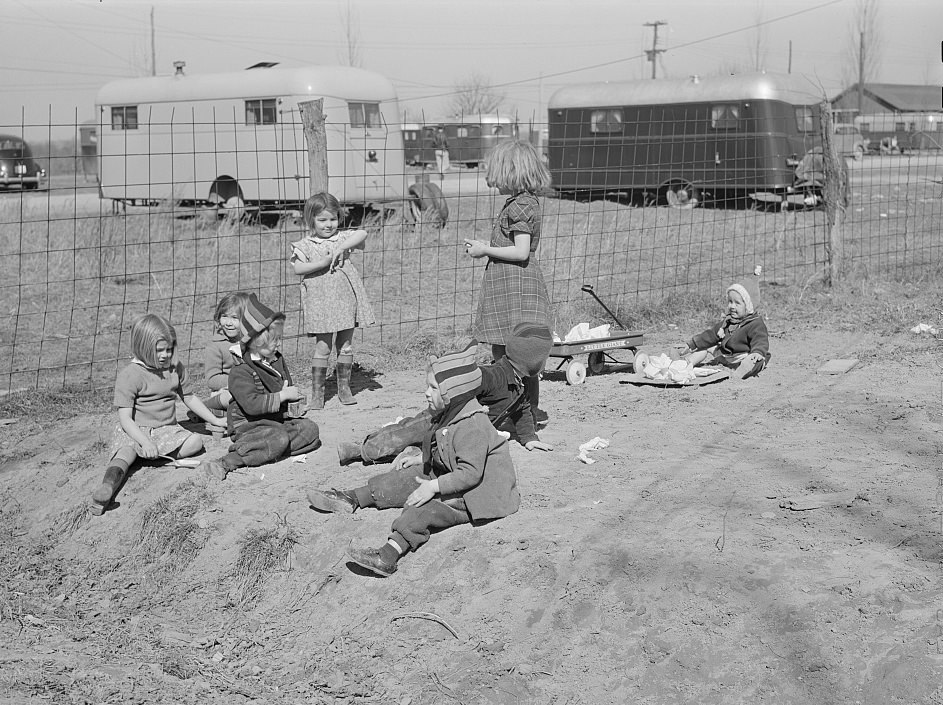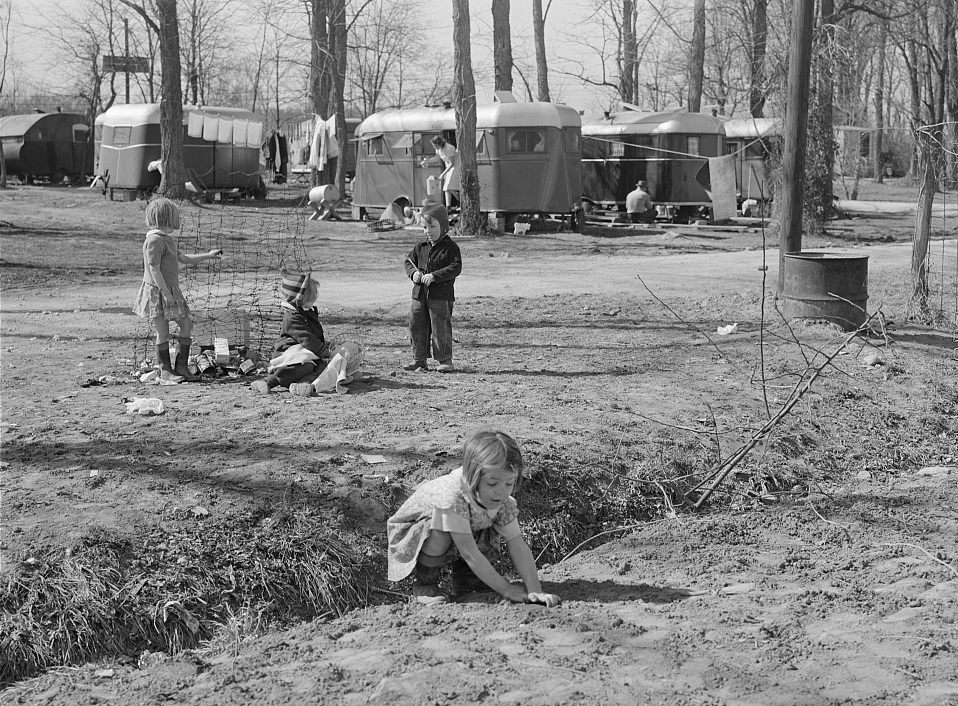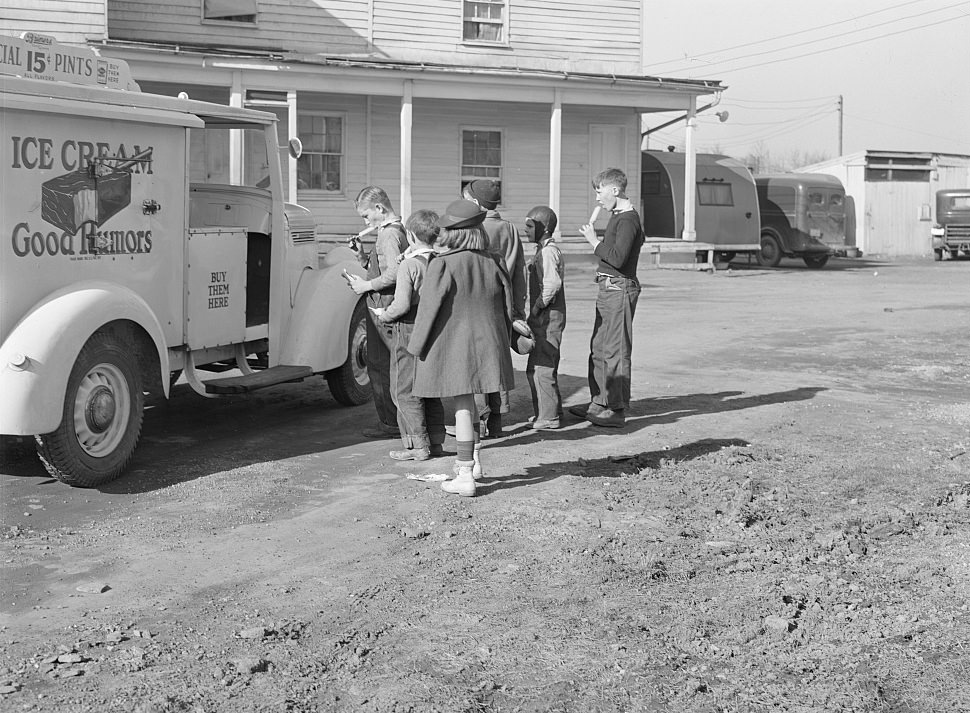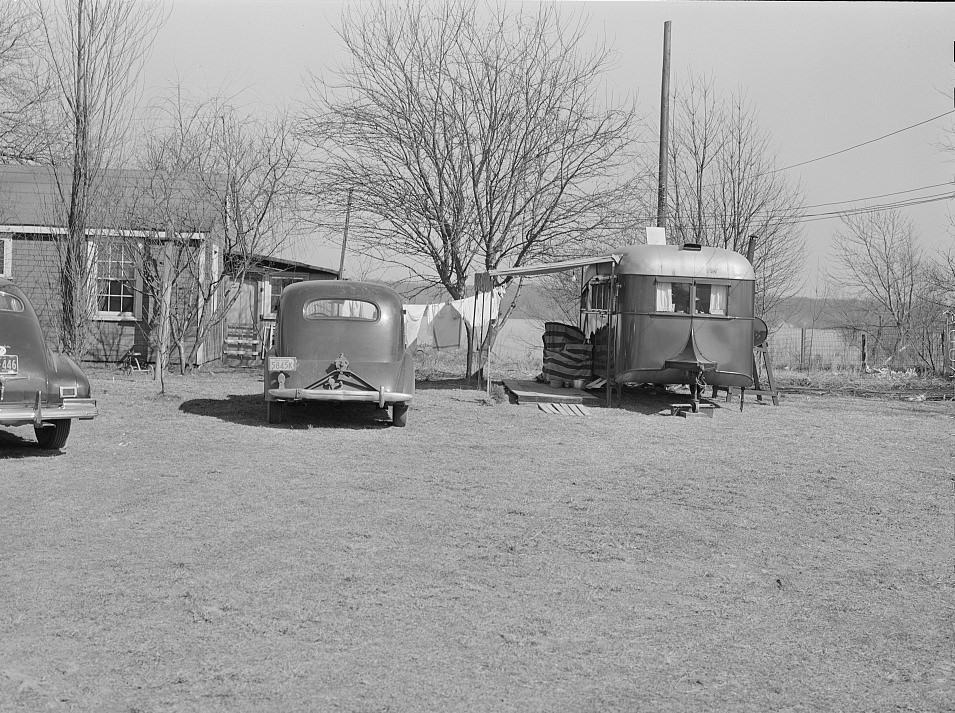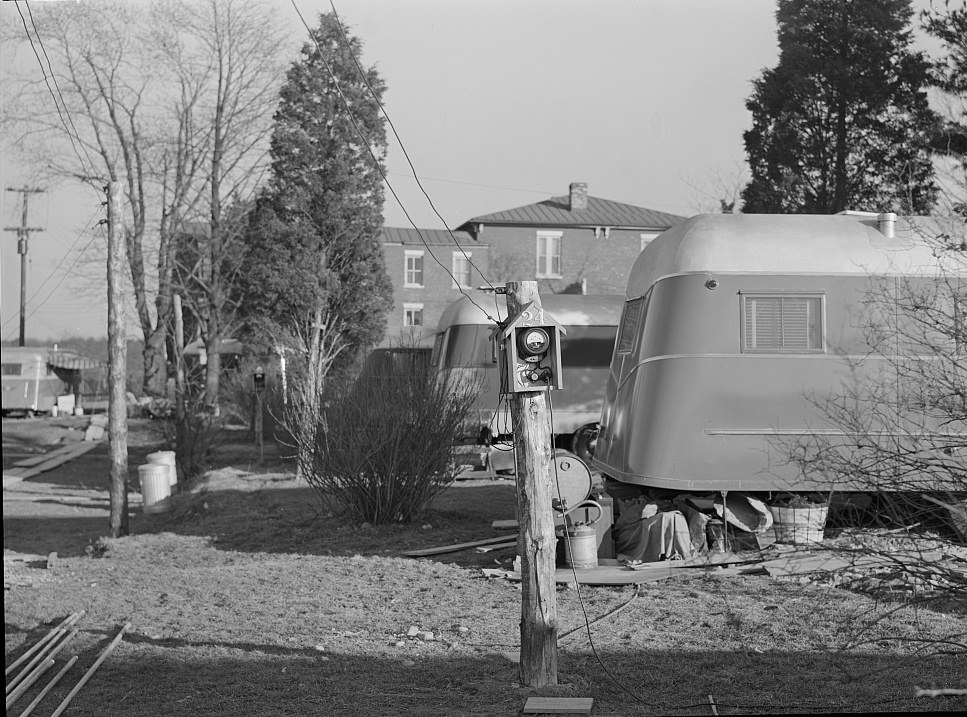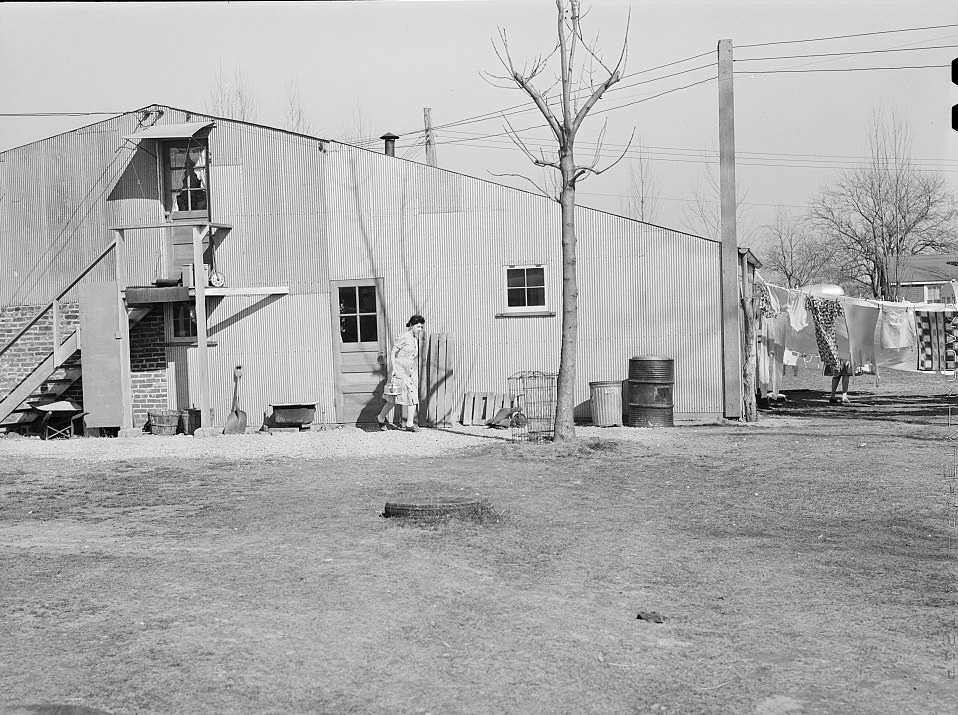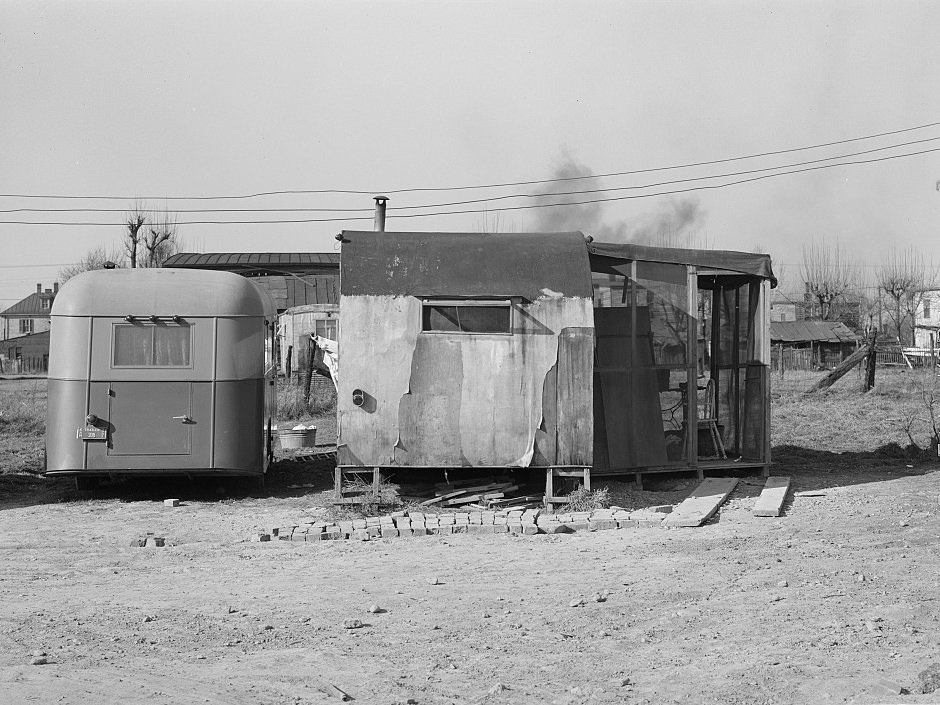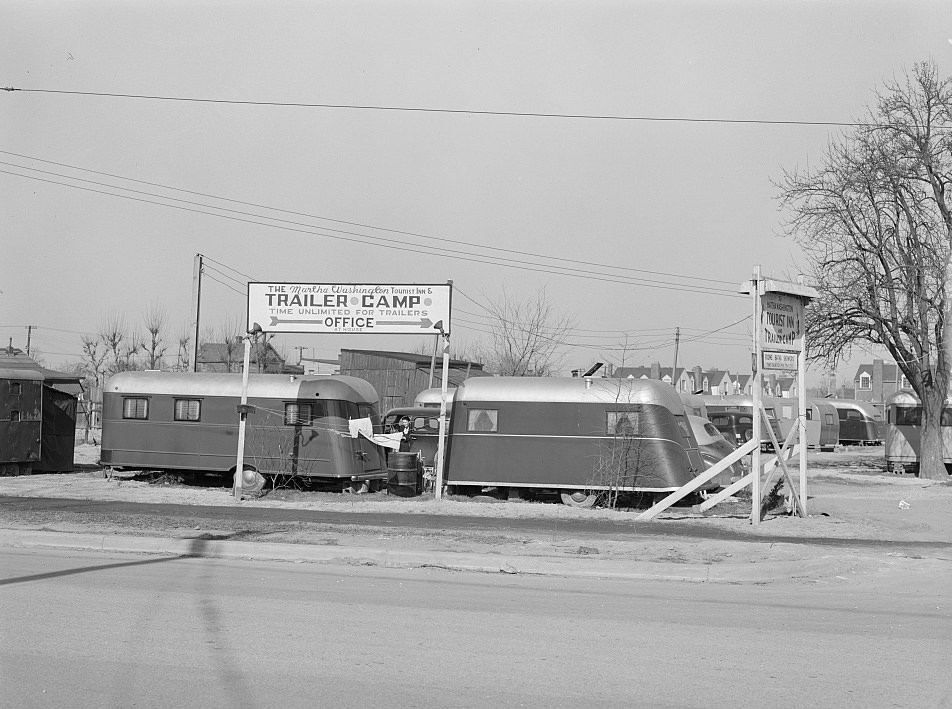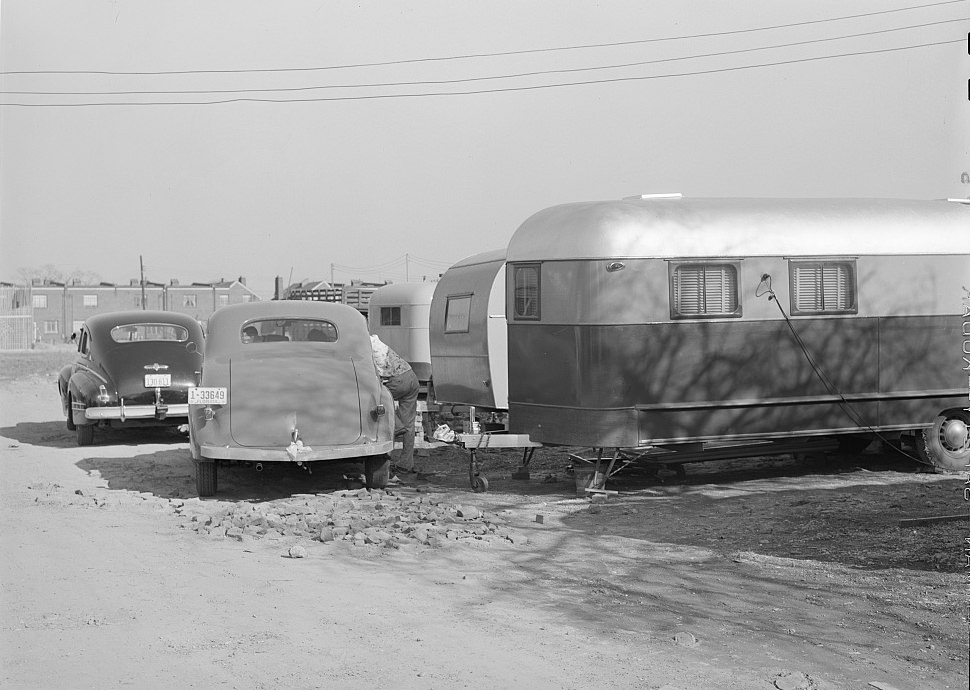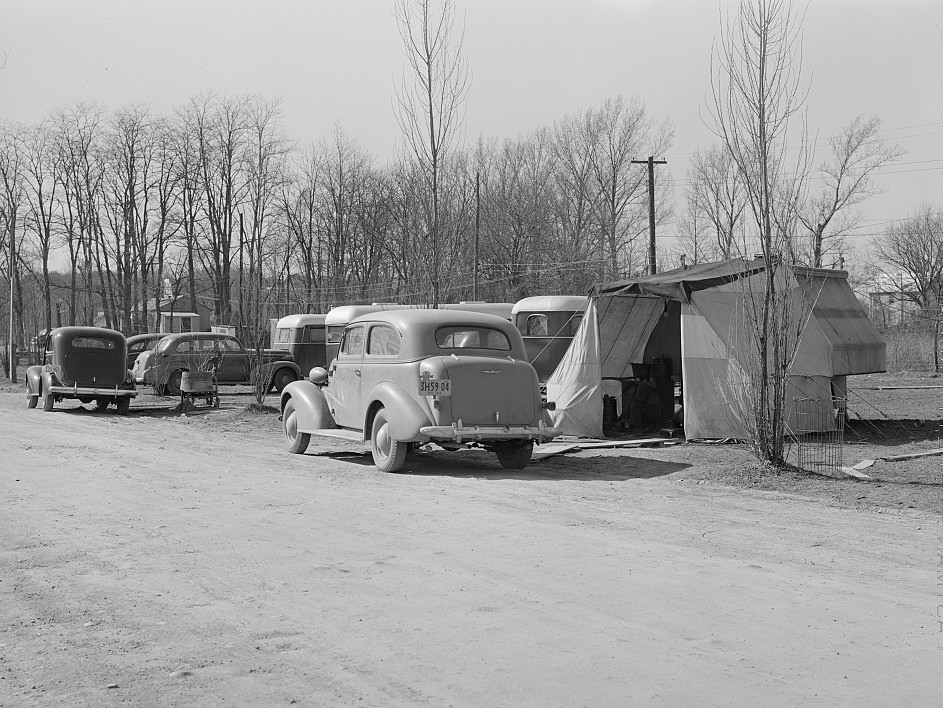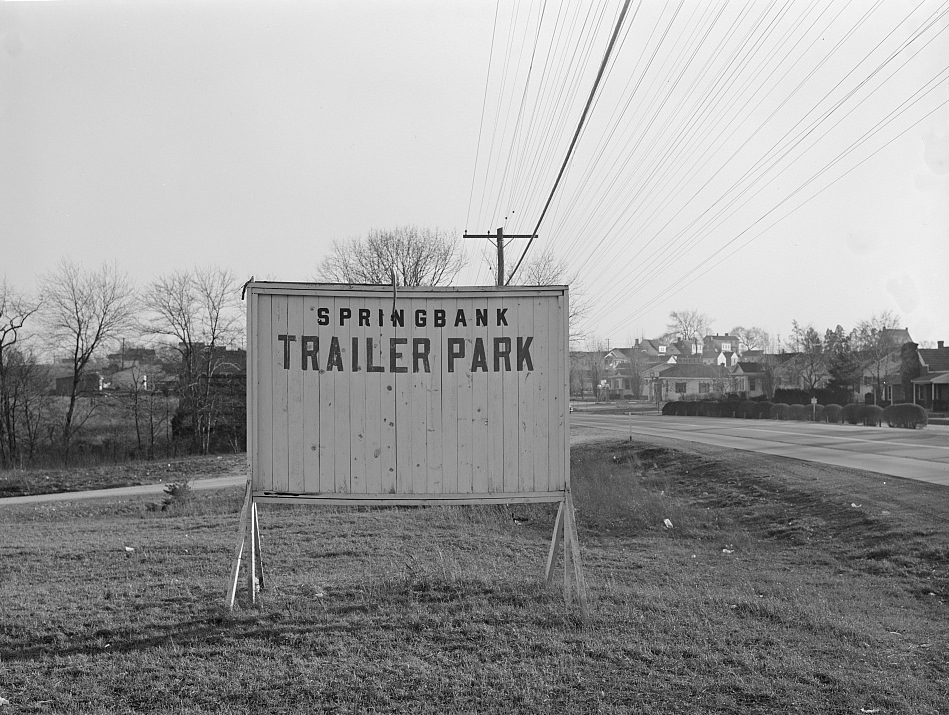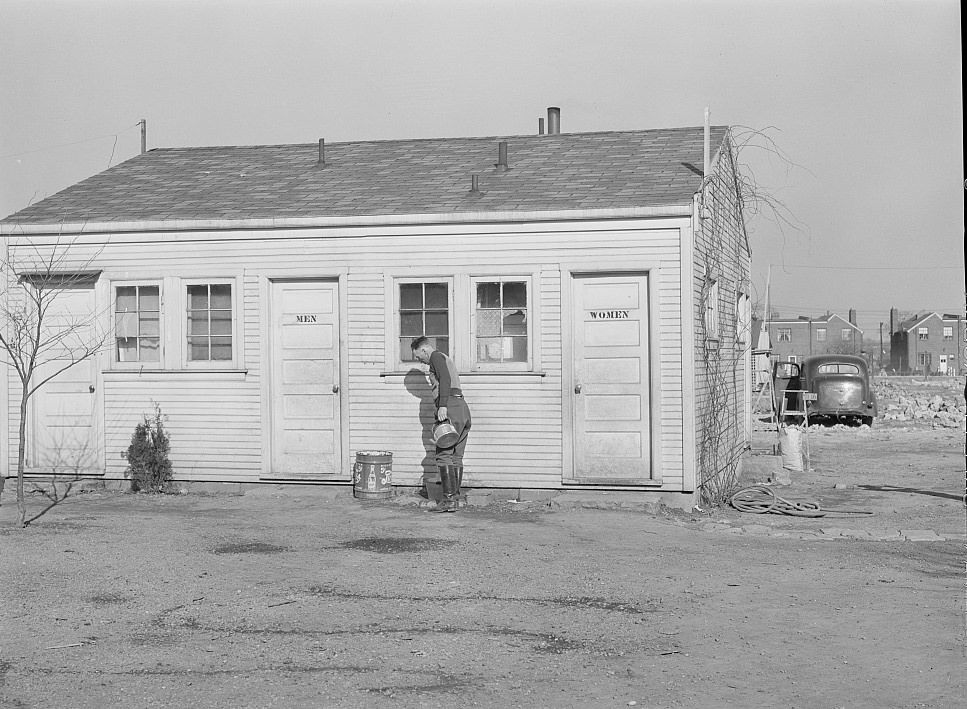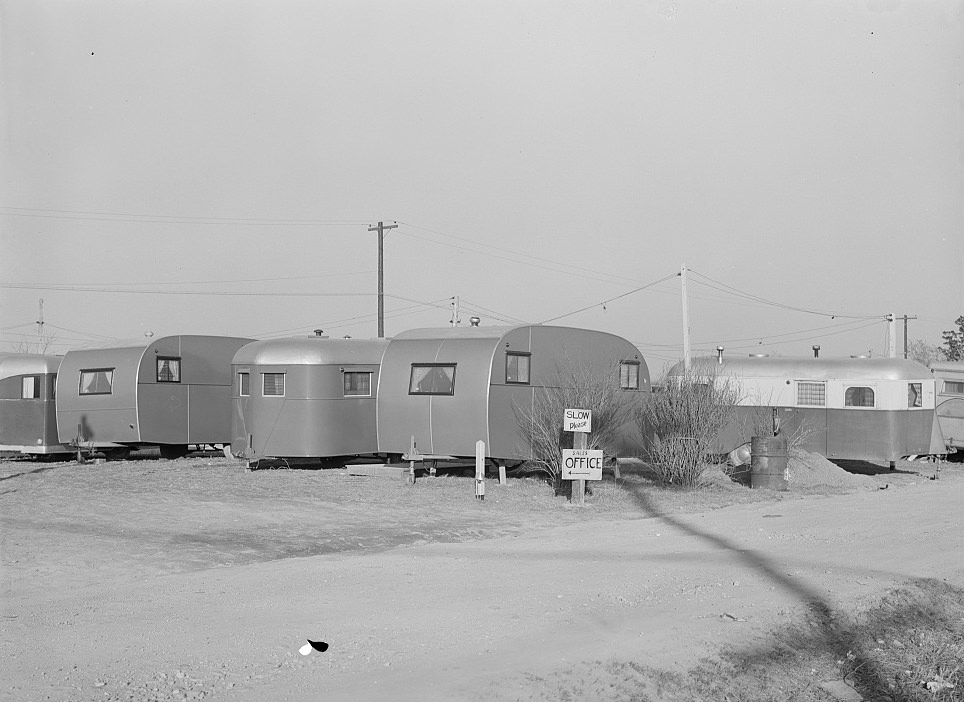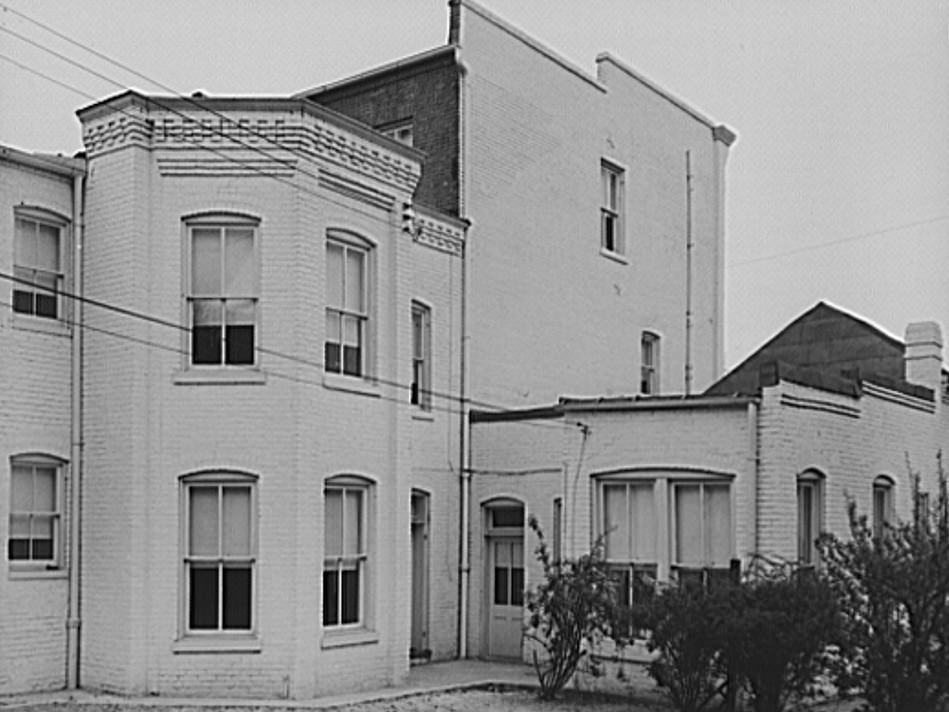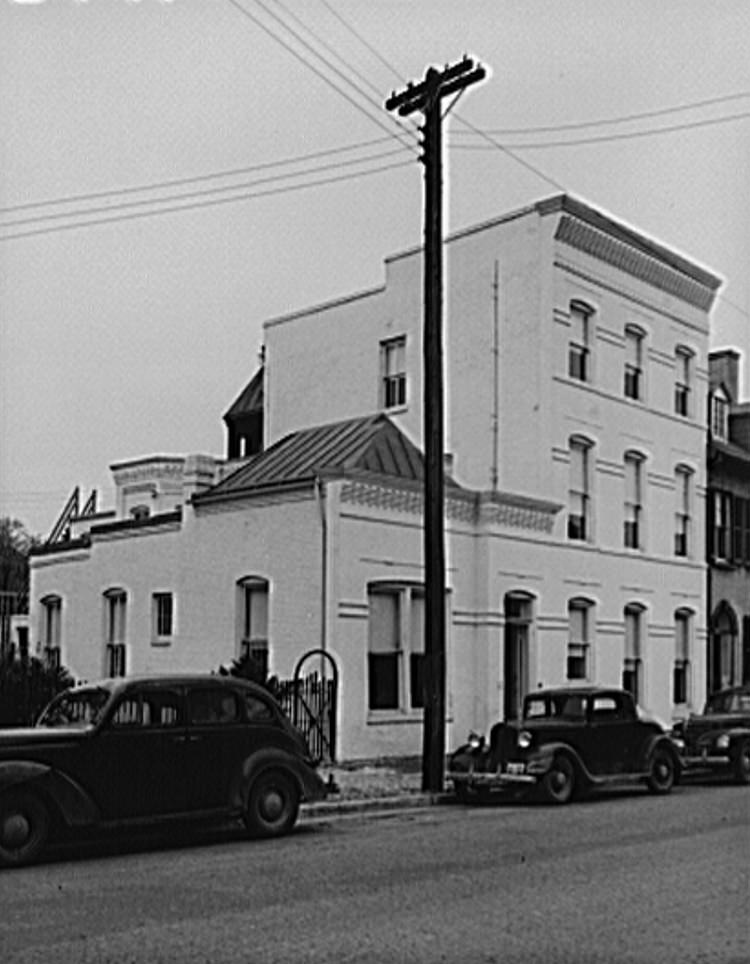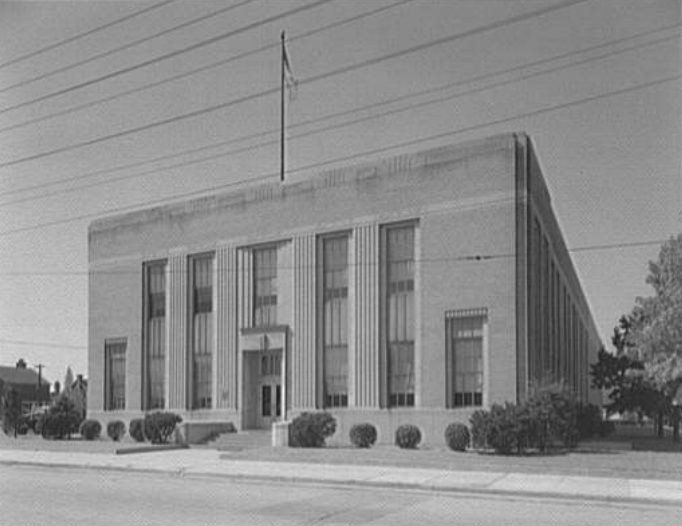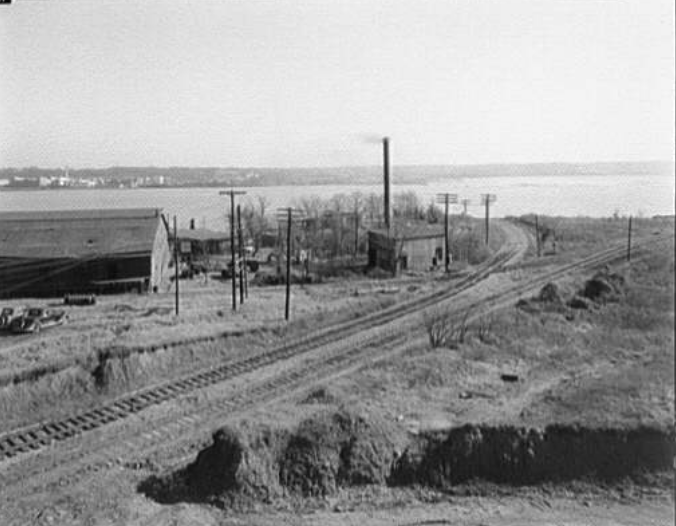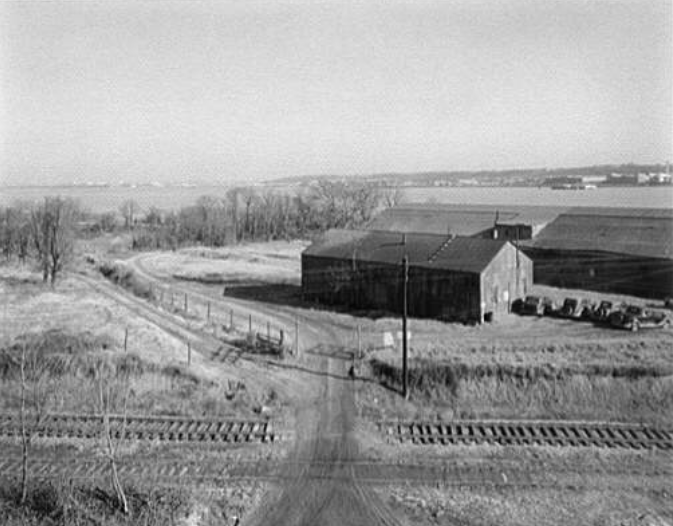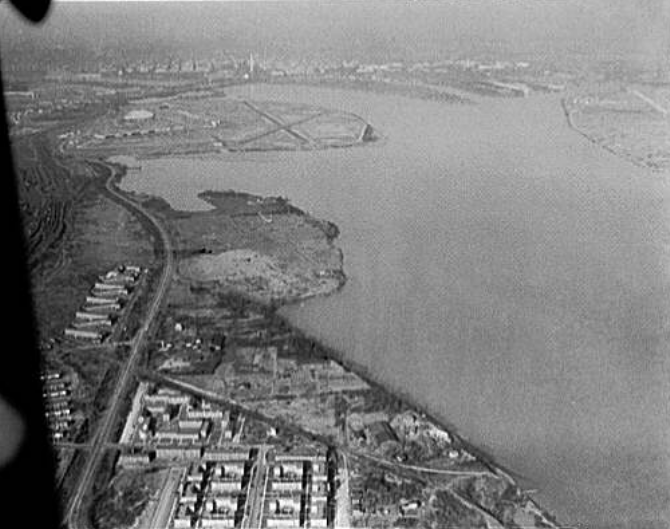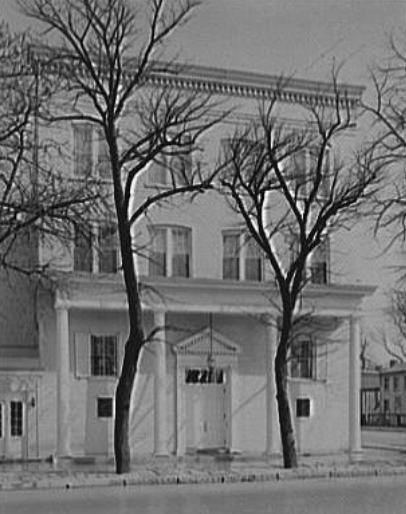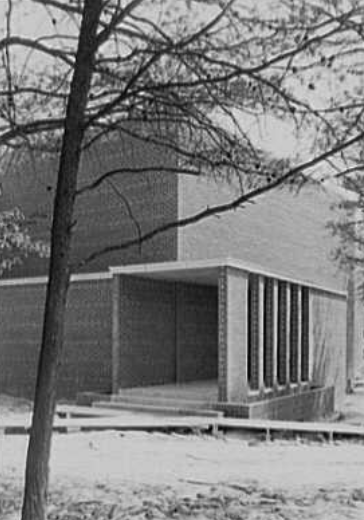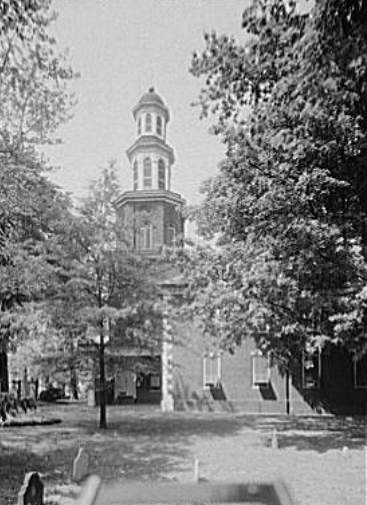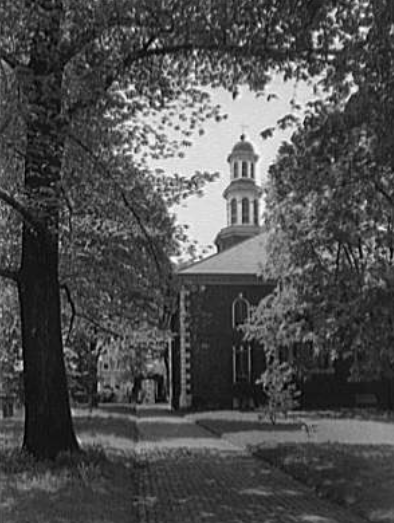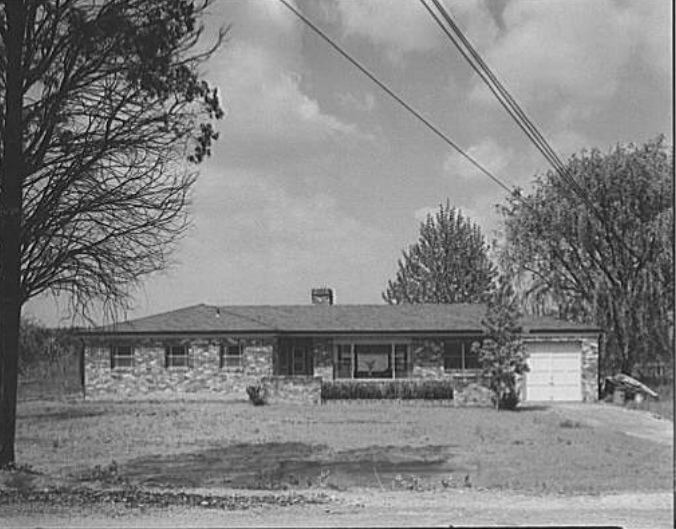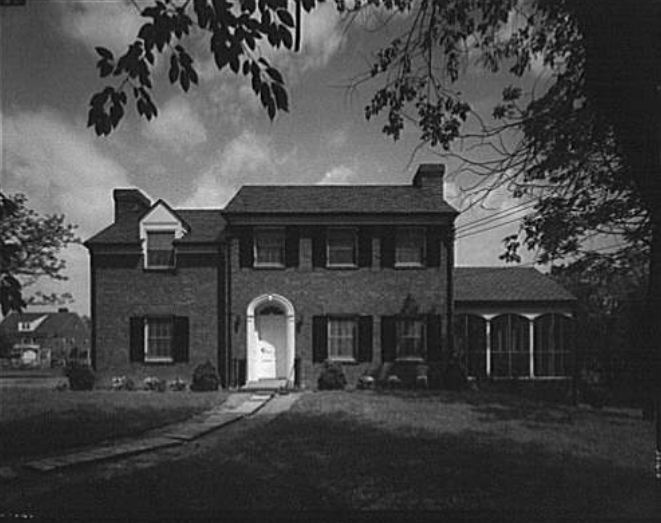Let’s rewind the clock and travel back to the 1940s, an era of tremendous change for Alexandria, Virginia. The decade, marked by the upheaval of World War II and the ensuing post-war transformation, bore witness to Alexandria’s unwavering resilience and evolution.
As the world plunged into the turmoil of World War II, Alexandria, due to its strategic location near the nation’s capital, played an essential role. The city’s industries adapted to the demands of war, with factories like the Torpedo Factory converting their operations to support the war effort. The city’s populace rose to the challenge as well, with many Alexandrians serving in the military, participating in rationing, and contributing to war bonds. Women stepped into the workforce in larger numbers, filling roles left vacant by men who had gone to war.
Post-War Changes
With the war’s end came significant changes for Alexandria. The post-war period marked the start of a population boom, driven in part by returning servicemen and the baby boom. This rapid growth led to an expansion in housing, with new neighborhoods emerging and existing ones evolving.
The city’s industry also underwent changes, transitioning from war-related production back to peacetime activities. The Torpedo Factory, having fulfilled its war duties, was eventually converted into a storage facility.
Despite the global conflict, the 1940s was a rich time for culture in Alexandria. The city’s residents found solace in music, cinema, and sports. Big band music filled dance halls, and movie theaters like the Strand Theater offered an escape from the realities of war and post-war recovery. Cinemas became sanctuaries of escapism, showing films of the Golden Age of Hollywood. Sports, especially baseball, also played a significant role, with locals passionately supporting their favorite teams, fostering community spirit amidst the changing times.
The 1940s were pivotal years for education and civil rights in Alexandria. The city’s commitment to learning was evident in the expansion of its educational institutions. However, segregation posed challenges. African American communities faced these obstacles head-on, advocating for equal educational opportunities, setting the stage for significant civil rights movements in the subsequent decades.
Building for the Future
The 1940s saw significant infrastructural development in Alexandria. With a growing population came the need for improved public services and facilities. Schools, libraries, and healthcare facilities were expanded or built anew, providing crucial services for the burgeoning community. Roads and transport networks were also improved, facilitating easier movement around the city.


